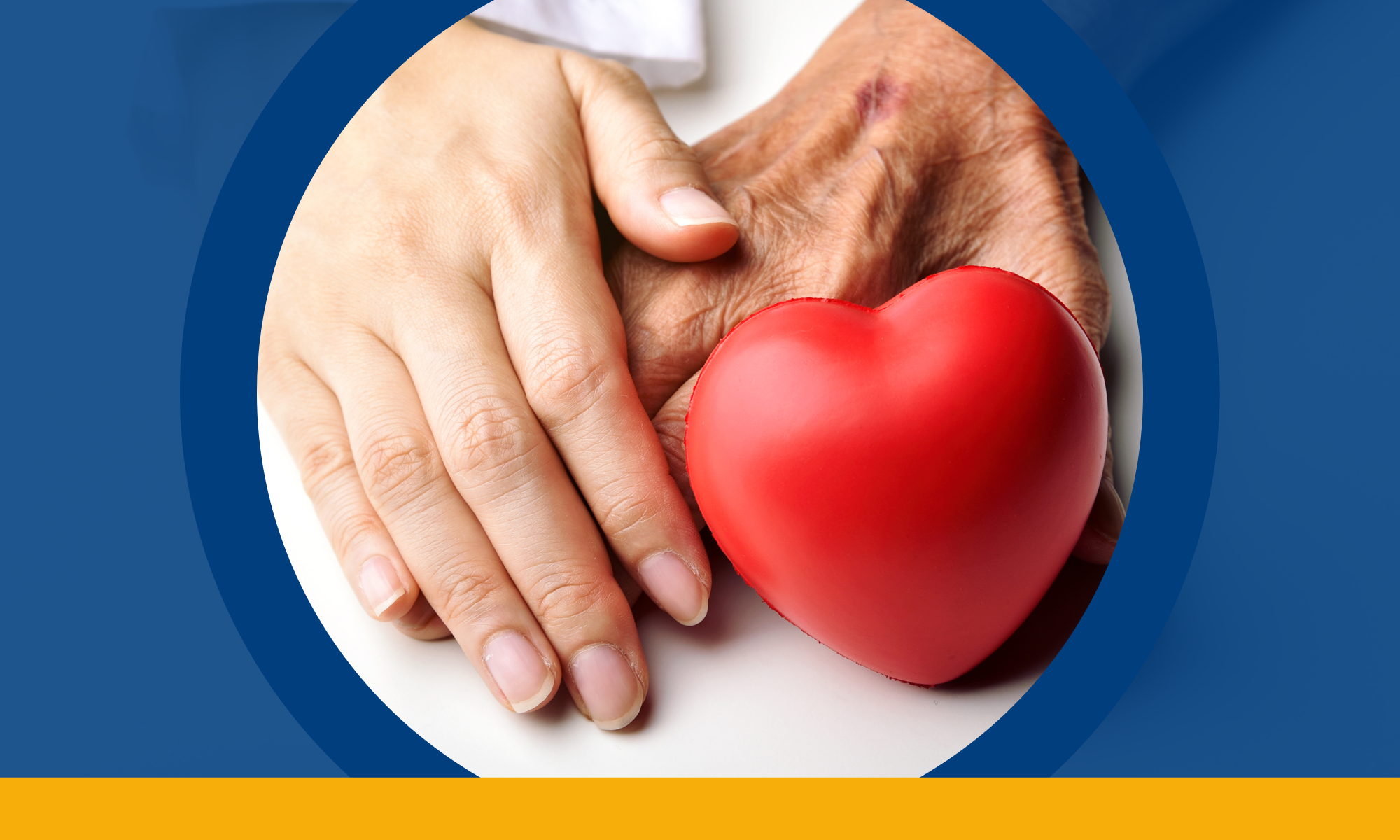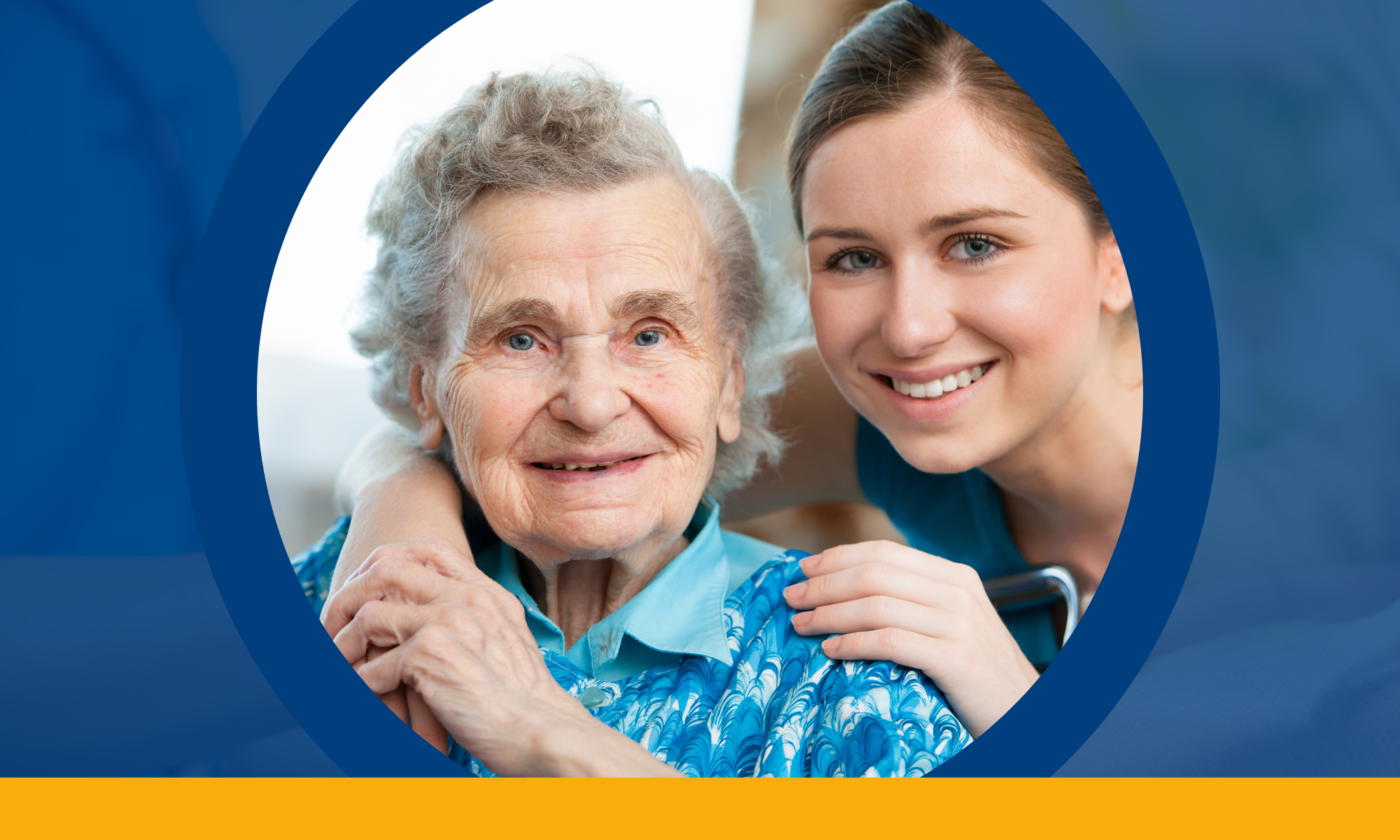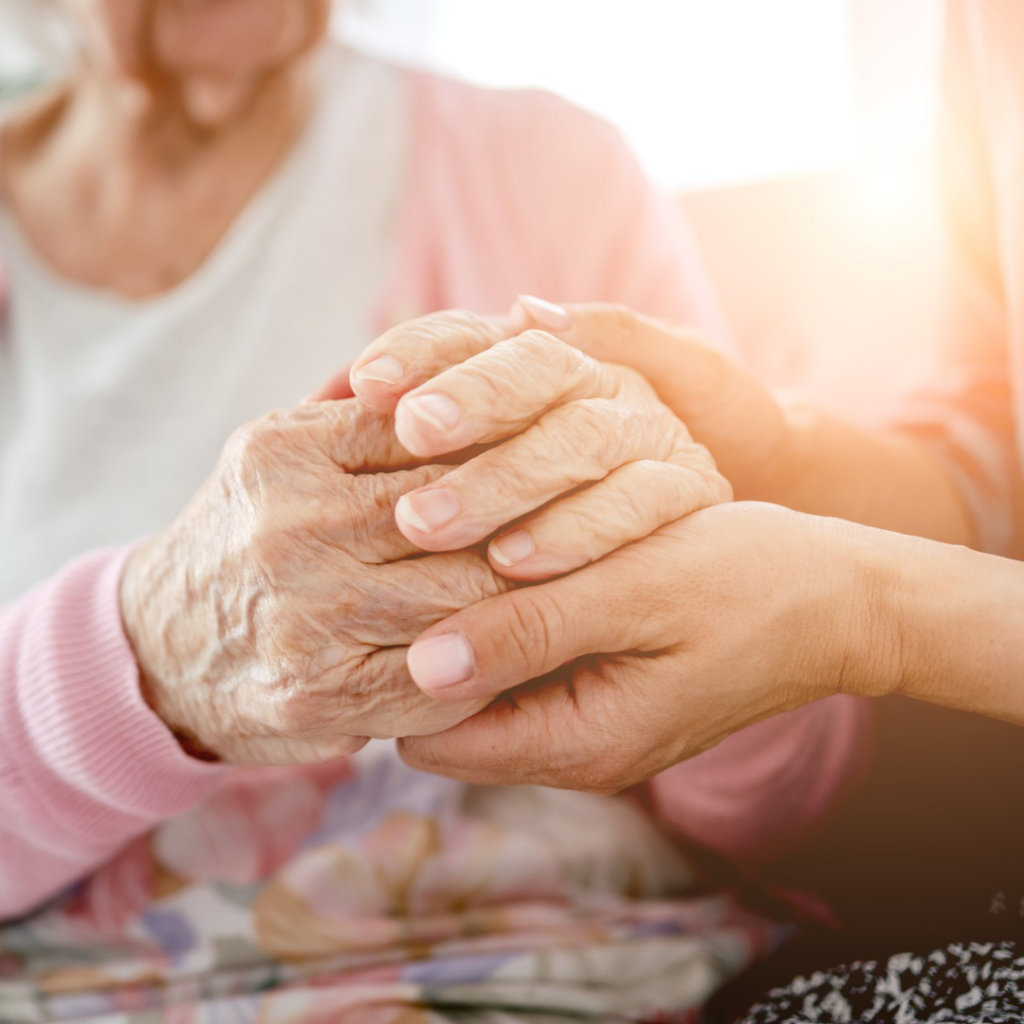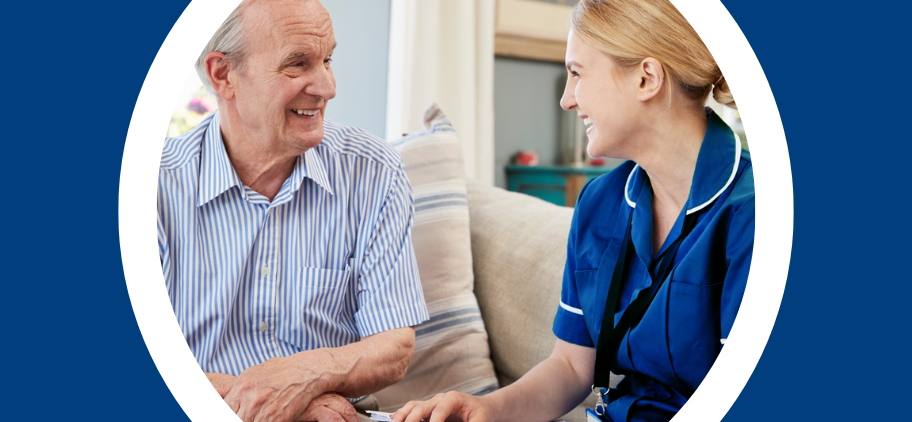Care Day 2025
Care Day 2025 is held today February 21st and it is a day dedicated to recognising and celebrating the important work of caregivers. The theme for this year’s Care Day is: “Voices from care, ripples of change”. Care Day demonstrates the transformative power of hearing directly from those with care experience as every carer’s story has the potential to create waves of meaningful impact.
Many families are turning to homecare as a way to provide the best possible support for their loved ones. Homecare is becoming increasingly popular among people of all ages who want the comfort and convenience of receiving professional health services in a familiar environment, without sacrificing quality medical attention. There are many benefits for people of all ages, from young children right through to seniors. It is a rewarding profession that provides the ability to remain independent at home and empowers clients to live with dignity in the knowledge that they will receive the best possible care in the right place at the right time.
The Benefits of Working as a Caregiver
Becoming a social care worker or caregiver offers a rewarding and fulfilling career path, characterised by a profound impact on individuals and communities alike. With a growing emphasis on compassionate and person-centered care, it plays a pivotal role in supporting vulnerable populations, fostering inclusion, and promoting social justice. Working in various settings such as residential care homes, community centers, or domiciliary/homecare is an opportunity to build meaningful relationships, providing vital assistance with daily tasks, emotional support, and advocacy. It offers opportunities for continuous learning and professional development, enabling caregivers to enhance their skills and make a tangible difference in the lives of others while contributing positively to society.
Inspiring Voices of Care

I was a natural caregiver from a young age and helped to look after my younger siblings growing up, taking on a lot of the caring and household responsibilities. I felt like I had found my life’s calling as I was always caring for someone in some way. Once I became a mother and my youngest son had started school, I had to consider myself and my career path as I had put it on hold so many times. I then looked at gaining some qualifications and signed up for my QQI level 5 healthcare support major award which I passed with a Distinction. I then joined the Myhomecare team in September 2021 as a community HCA, this enabled me to manage my family and work life efficiently as I was able to control my own work schedule. I felt like I had found my life’s calling as I was always caring for someone in some way.
The Importance of Homecare
Whether a senior, someone living with a disability, or a busy family in need of support, homecare services can be tailored to meet all individual needs. Personalised care allows the caregiver to understand the unique circumstances of the person they are looking after, and provide for them in the best way possible. The approach to creating care plans goes beyond a person’s surface needs and takes their preferences, cultural background, interests and routines into account. Homecare is not just about keeping someone safe, it is about enhancing the quality of life and helps to remove any feelings of loneliness or isolation.
Working as a caregiver is a uniquely fulfilling profession that offers a blend of personal satisfaction and professional growth. Homecare forges meaningful relationships with clients, creating a positive impact on individuals’ lives. There’s a profound sense of purpose in this profession where it directly enhances the lives of those in need.
With each day presenting new challenges and opportunities for growth, caregivers navigate diverse care needs with empathy and dedication, contributing to the fabric of inclusive and supportive communities.
Interested in a profession as a caregiver with Myhomecare?



















